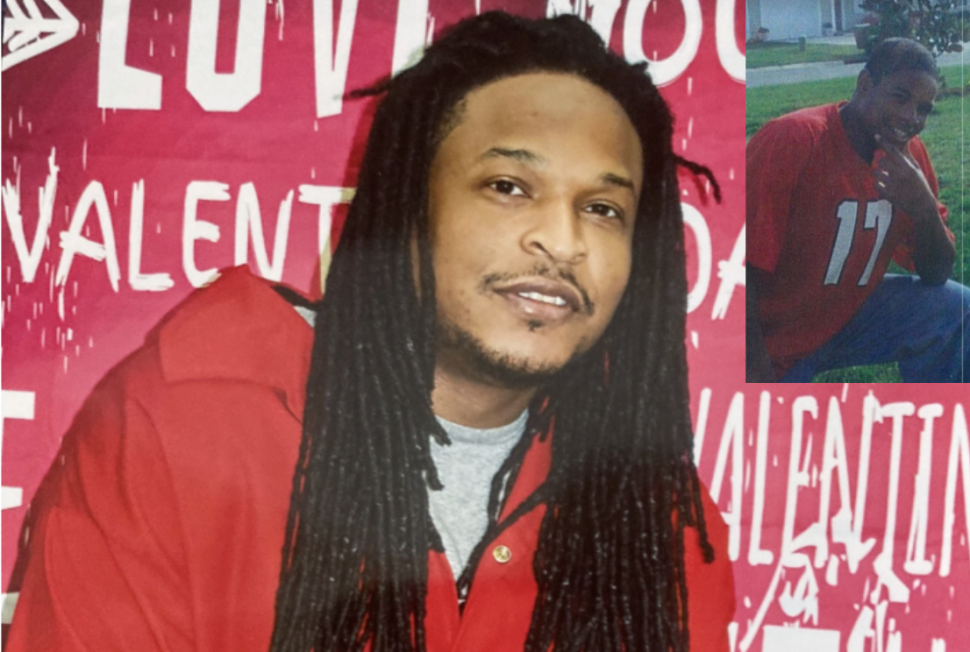
A North Carolina judge has ruled that racial discrimination influenced the conviction of Hasson Bacote, a Black man who spent 15 years on death row before receiving a pardon in December; now, lawyers are calling on the state to "turn the page" to prevent future injustices.
Judge Wayland J. Sermons Jr. ruled Friday that prosecutors in Bacote's 2009 trial unfairly excluded Black jurors, resulting in a biased trial. Bacote, convicted of a fatal shooting during a robbery, was sentenced to death by a predominantly white jury. His legal team argued that Black jurors were dismissed at three times the rate of white jurors, while the presiding judge and attorneys were all white.
In his ruling, Judge Sermons also found that prosecutors used racist language to refer to Black defendants, including terms such as "thug," "piece of trash," and "predators of the African plain," per the ACLU.
"I am deeply grateful to my family, my lawyers, the experts, and to everyone who fought for justice – not just in my case, but for so many others," Bacote said in a statement. "I want to thank Bryan Stevenson in particular for showing how unfair the jury selection was in my case."
Bacote's case was challenged under North Carolina's Racial Justice Act (RJA), a 2009 law designed to prohibit racially motivated death penalty sentencing. His attorneys presented evidence that racial discrimination played a role not only in his conviction but in other capital cases prosecuted by Assistant District Attorney Greg Butler.
The ruling relied on statistical, cultural, historical, and social science data, as well as court files and records, to demonstrate systemic discrimination in Johnston County and District 11.
"The ruling creates an opportunity for leaders in North Carolina to turn the page on this shameful chapter for our state. At a minimum, Governor Stein and Attorney General Jackson should commit to addressing the failures of the criminal legal system and adopt policies that prevent this kind of discrimination," Gretchen M. Engel, executive director of the Center for Death Penalty Litigation, said.
The state has one of the largest death rows in the country, with over 100 people currently awaiting execution.
Bacote's case was the first to move forward since the North Carolina Supreme Court ruled in 2020 that defendants with pending RJA claims were entitled to hearings. His case is also the first in which a trial court ordered statewide discovery of prosecution notes from jury selection in all capital trials since 1980.
Johnston County, where Bacote was convicted, has a grotesque history of racial injustice. The county was the site of multiple lynchings between Reconstruction and World War I and had KKK billboards as late as the 1970s.
Since 1990, every Black person who faced a capital trial in Johnston County received the death penalty, per the Legal Defense Fund.
"Today's ruling affirms what we have argued all along: racism infects the death penalty. We are hopeful that future decisions will result in relief under the RJA for other North Carolinians currently on death row," Ashley Burrell of the NAACP Legal Defense Fund said.
Every year, nearly 1,000 innocent people, an average of more than two per day, are wrongly convicted and sent to prison, adding to the roughly 11,500 already behind bars for crimes they didn't commit, according to estimates from Baldani Law Group.




